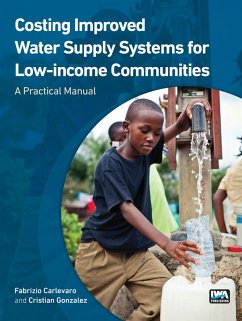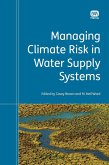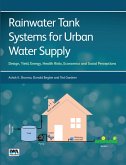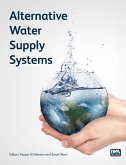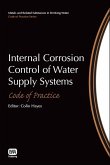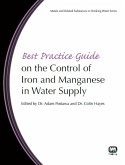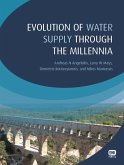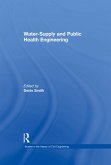This manual and the free downloadable costing tool is the outcome of a project identified by the Water, Sanitation and Health Programme (WSH) of the World Health Organization (WHO) faced with the challenge of costing options for improved access, both to safe drinking water and to adequate sanitation. Although limited in scope to the process of costing safe water supply technologies, a proper use of this material lies within a larger setting considering the cultural, environmental, institutional, political and social conditions that should be used by policy decision makers in developing countries to promote sustainable development strategies. Costing Improved Water Supply Systems for Low-income Communities provides practical guidance to facilitate and standardize the implementation of social life-cycle costing to "e;improved"e; drinking-water supply technologies. These technologies have been defined by the WHO/UNICEF Joint Monitoring Programme for Water Supply and Sanitation, as those that, by the nature of its construction, adequately protect the source of water from outside contamination, in particular with faecal matter. The conceptual framework used has also been conceived to be applied to costing improved sanitation options.To facilitate the application of the costing method to actual projects, a basic tool was developed using Microsoft Excel, which is called a water supply costing processor. It enables a user-friendly implementation of all the tasks involved in a social life-cycle costing process and provides both the detailed and the consolidated cost figures that are needed by decision-makers. The scope and the limits of the costing method in a real setting was assessed through field tests designed and performed by local practitioners in selected countries. These tests were carried out in Peru and in six countries in the WHO regions of South-East Asia and the Western Pacific. They identified practical issues in using the manual and the water supply costing processor and provided practical recommendations. References and Glossary Author(s):Fabrizio Carlevaro, Geneva School of Economics and Management, Switzerland and Cristian Gonzalez, International Road Federation, Geneva, Switzerland
Dieser Download kann aus rechtlichen Gründen nur mit Rechnungsadresse in A, B, BG, CY, CZ, D, DK, EW, E, FIN, F, GR, HR, H, IRL, I, LT, L, LR, M, NL, PL, P, R, S, SLO, SK ausgeliefert werden.

